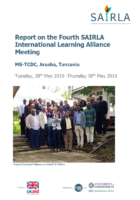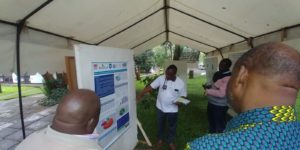
During the fourth International Learning Alliance workshop in Tanzania, members from SAIRLA research projects and National Learning Alliances were invited to share their lessons and experiences and share key findings and tools.
Two research projects and two NLAs presented on the theme of equity under which the SAIRLA programme explores why and how issues of equity should be considered in relation to sustainable agricultural intensification and the implications of different agricultural development pathways for marginalized farmers – in particular, women and young people.
Here we summarise the presentations and highlight the key discussion points from the plenary that followed.
AFRINT IV: Policy for Equity in African Agriculture
The overarching aim of AFRINT IV is to analyse patterns of SAI in Malawi, Tanzania and Zambia with particular attention to gender and youth and ways in which rural institutions can be enabled and incentivised to improve equity.
Research highlights include:
- In Zambia yields have increased for both male and female-headed households but there is a sizable gender gap.
- There is no gap based on age group in Zambia, so youth have benefited equally from the intensification process. In Tanzania yields among youth have fallen and in Malawi they have been unchanged.
- Limited possibilities for access to land is a major constraints for young people living in households headed by older relatives
- Women are constrained by lacking mobility, restrictive social norms, labour and capital.
IITA: Tools for Evidence and Decision-making on Gender-SAI Interactions
SAI interventions require farmers to make changes in their agricultural practices. These practices are embedded in broader gender roles and relations (including intersections with youth). IITA’s tools for evidence and decision making for gender-SAI interactions are grounded in participatory action and learning principles. The decision-making tool guide includes an introduction on SAI, gender and youth analysis tools, contextualisation and tools for making the decisions such as SWOT Analysis and T-Charts.
In a move to transform agriculture, the Government of Tanzania implemented the CAADP, allocating 10 per cent of the national budget to agriculture. Tanzania NLA have been analysing budget allocation and expenditures on agriculture and presented the findings from the Kilolo District Council, Tanzania. The aim is to inform stakeholders about district spending priorities, budget performance and challenges.
Among other things, they conclude that the government should issue guidelines for managing a special development fund for youth, review financial policies and laws to enable LGAs to collect resources and increase subventions to disadvantaged or resource poor LGAs.
Malawi NLA: Facilitating Dialogue on Issues around the New (2016) Customary Land Act in Malawi
Following consultations at the community, district and national level, the Malawi NLA has been facilitating dialogue on issues around the new (2016) Customary Land Act in Malawi. During these discussions, the NLA found that people are aware of the law but still need further information and knowledge in order to make informed decisions. Although the law is perceived by people generally to be a ‘good idea’, the NLAs have identified a number of ‘sticky’ issues which need to be address if the Land Act is to work, these include:
- The wider implications of land registration and concerns of the creation of land markets where land is traditionally believed to be a gift of nature that should not be regarded as individual property or sold out.
- That the law is now sensitive to culture or traditions – that the government should respect how land is owned along matrilineal and patrilineal lines.
- Payment fees for registration are considered unfair, particularly to poor people.
During the plenary, participants were asked two questions:
- What is your main observation regarding equity in relation to SAI in sub-Saharan Africa
- What is your main observation on how to engage policy and investment processes on equity?

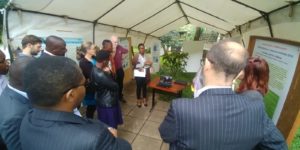
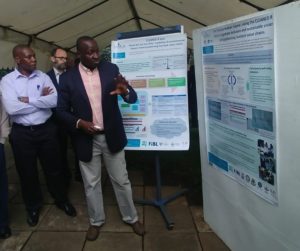
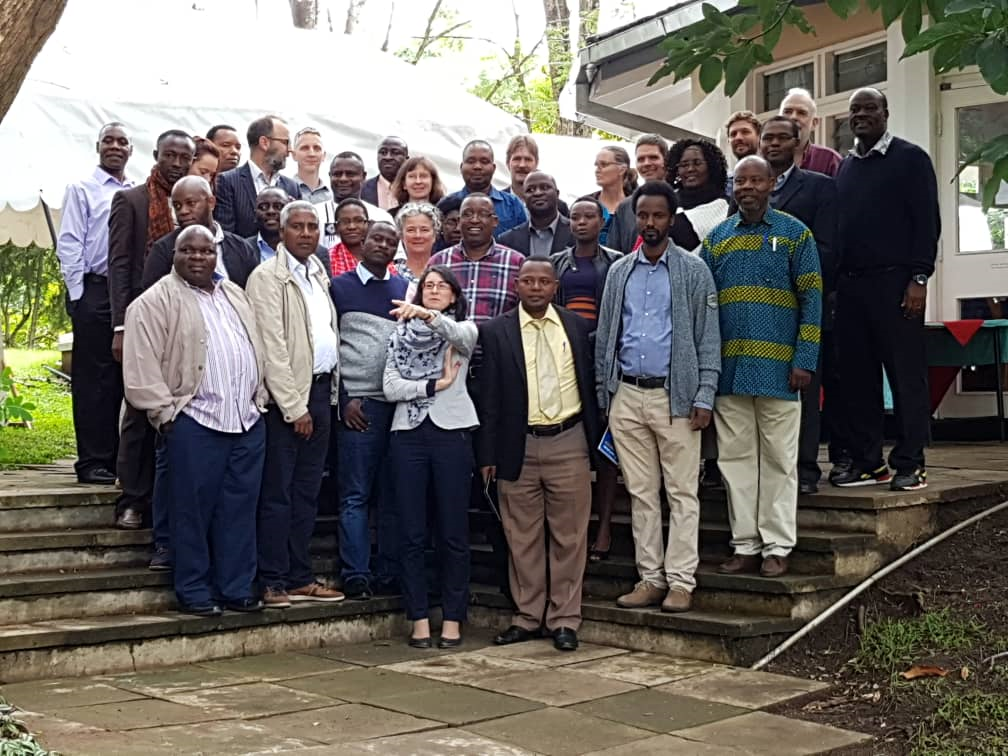
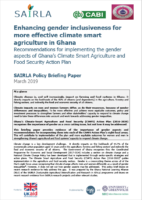
 ILA 2019: Equity thematic group plenary discussion
ILA 2019: Equity thematic group plenary discussion 